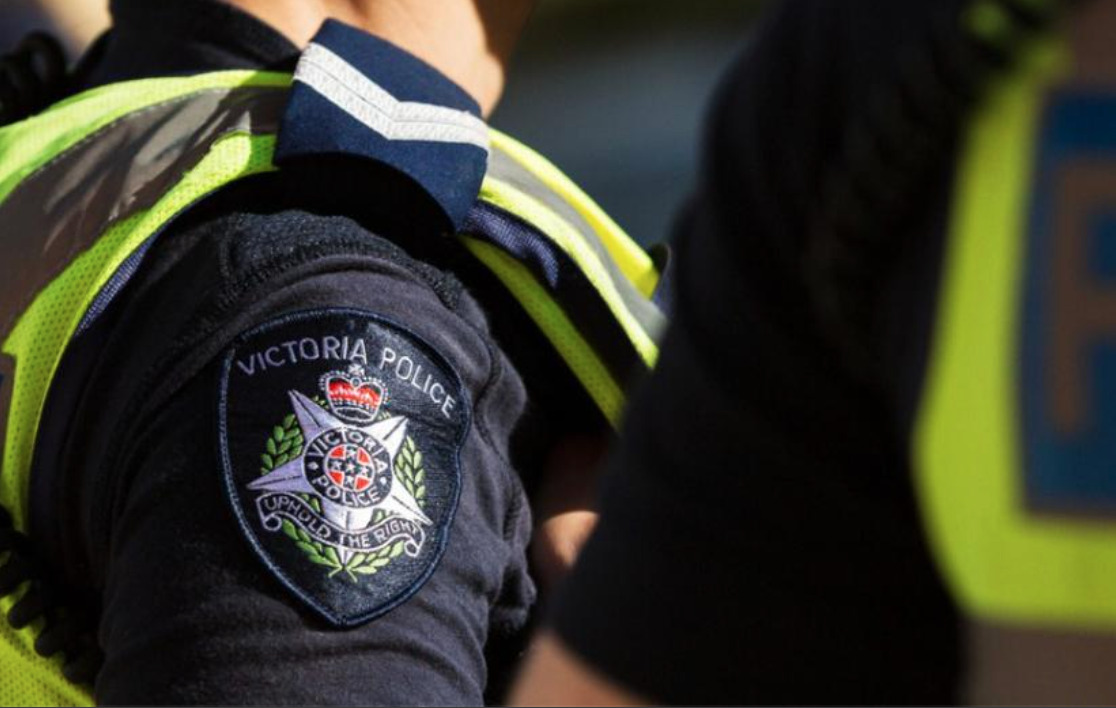
Harun Nasruallah
A rising wave of anti-Muslim hate crimes in Australia is likely far more extensive than official figures indicate, the Islamic Council of Victoria (ICV) warned during its inaugural conference on the issue, held in Melbourne on August 16.
Since 2021, the ICV has received 96 individual reports of anti-Muslim abuse, with 26 recorded in just the first seven months of 2025. Most involved verbal abuse or mockery, followed by workplace discrimination.
The council also documented 3,254 indirect incidents of anti-Muslim racism that were not directly reported by victims. These included online hate comments, hostile emails and phone calls, and dehumanising media coverage—all of which have surged in recent months.
Many Muslims choose not to report abuse, the ICV said, citing fears of being dismissed and a deep distrust of police and government institutions. “Underreporting makes it easier for institutions to deny the scale of the problem,” the council noted. “It also means many victims never access the support, validation, or justice they deserve.”
The rise in anti-Muslim hate and antisemitism has coincided with the war in Gaza. In response, the New South Wales government announced a $1 million initiative to combat anti-Muslim hate. The program includes a support hotline, a case management system for victims, and educational campaigns to raise awareness of anti-Muslim hate.
The funding will be administered through the Action Against Anti-Muslim Hate program, run by the Australian National Imams Council (ANIC). ANIC President Imam Shadi Alsuleiman said that anti-Muslim hate has left many anxious about routine religious practices, from praying in mosques to wearing the hijab in public.
“Anti-Muslim hate manifests in many ways, including microaggressions often dismissed as ignorance or rudeness,” he said. “Understanding how Muslims experience it will help guide a holistic approach to combating it.”
Notice: This article is published exclusively online and does not appear in the page-flip edition.
ISLAMOPHOBIA
UK Trade Envoy forced out in seemingly Islamophobic campaign
Muslim Charities Forum condemns “divisive” culture wars targeting British Muslims
One in five Britons say Muslims face the most demonisation
Muslim immigrants face widespread negativity as sharp divides emerge in Britain’s views on Islam
X’s algorithm under fire for spreading anti-Muslim misinformation post Southport attack
Germany: Turkish and Arabic names face persistent job search bias
Madrid overturns controversial Jumilla ban targeting Muslim religious gatherings
Far-right Dutch politician faces criminal complaint over anti-Muslim election image
New Jersey student sues teacher over alleged bullying targeting Egyptian heritage and Muslim faith